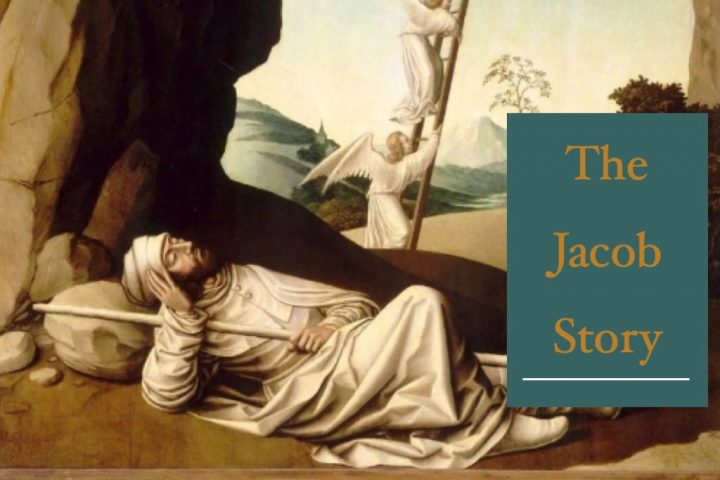The Jacob Story
Can Children Make You Happy? Ask Leah and Rachel
Gen 29:31 – 30:24
The subject of this week’s text is children. The promise of children was a significant driving force in God’s covenant to Abraham, especially when given to barren women like Sarah and Rebekah. What follows is a very surprising birth narrative of Jacob’s twelve children, and with it we discover how two wounded women learn to connect with God. These two sisters give voice to the question, “Can children make you happy? At what price?” After we examine this question we will address the theme of children in the context of the New Covenant.
Marriage At What Price?
Gen 29:15-30
Anyone who is married knows it doesn’t take long to wake up from the dream-like world of the honeymoon and discover you married a sinner. For some, the revelation of these changes can be so dramatic that they may even question the sanctity of the marriage. No one woke up to the fact that he had in fact married the wrong girl as quickly as Jacob. Can you imagine the initial shock to wake up after your wedding night only to find the bride’s sister in your bed? The question our text addresses is, “Can we be blessed by God if we are seemingly trapped in an unhappy marriage?”
A Courtship Made in Heaven
Gen 29:1-20
Jacob’s heavenly encounter with God and angels at Bethel has energized him as he journeys to Haran with eager anticipation of what God might have in store. Approaching the city, he encounters a beautiful girl by a well, a typical scene in the Bible that initiates a betrothal. The story strikes a resonant chord in every man, who wants to be a “prince charming”, and every woman who longs to be a beauty worth searching for. But deeper still, the story speaks to the longing of our hearts to be sought and courted by God.
Besieged by God
Gen 28:10-22
We come to place in the Jacob story that is every parent’s nightmare, when a son or daughter goes off into exile. The conditions are anything but ideal. “The security of the sun has been replaced by the dangers of night. The comfort of his parents’ tents has been replaced by a rock. Behind him lays Beersheba, where Esau waits to kill him; ahead of him is Haran, where Laban waits to exploit him. He is situated between a death camp and a hard-labor camp” (Bruce Waltke). Though terrifying, exile can be a place of profound transformation. When we are offstage in extreme loneliness, we are better to hear the tender voice of God pursuing us. Once Jacob hears God’s word, his ordinary journey is transformed into a holy pilgrimage. May it be true of us as well.
Family Dynamics and the Coveted Blessing
Gen 27:1-29
In this week’s text we are drawn into the intimacies of a sacred meal where the patriarchal blessing, with all its eternal promises, will be passed down from one generation to the next through the chosen son. Sadly however, the sanctity of the occasion is crushed by dysfunctional family dynamics, where each party serves their personal interests through deceit, blasphemy, manipulation, and a literal “coverup.” How will God intervene to further his kingdom when the chosen family has all but denied God’s presence? There is so much in this text that speaks to family dynamics, birth order, competition, favoritism and the “coveted blessing” we all long for. I wish I had three weeks to tease our all of its implications.
Twins At War
Gen 25:19-34
This week we begin a new series on the Life of Jacob: Encountering God in the ordinary and often messy stuff of life. Paul Stevens writes, “As we travel through all the stages of Jacob’s life we discover that God is with Jacob in every aspect of his journey. The Bible is not an instruction manual that contains principles of spirituality. It is a story, a story about God in search of humankind and his progressive establishment of his kingdom on earth. And the amazing thing about this God is that he condescends to come right into the midst of our mundane, messy worlds of home, work and play as the stage where this ‘holy’ work occurs.” Each week we will discover how God is at work forging Jacob’s identity in the midst of a very dysfunctional and fragmented family, one that may be strikingly similar to our own.
